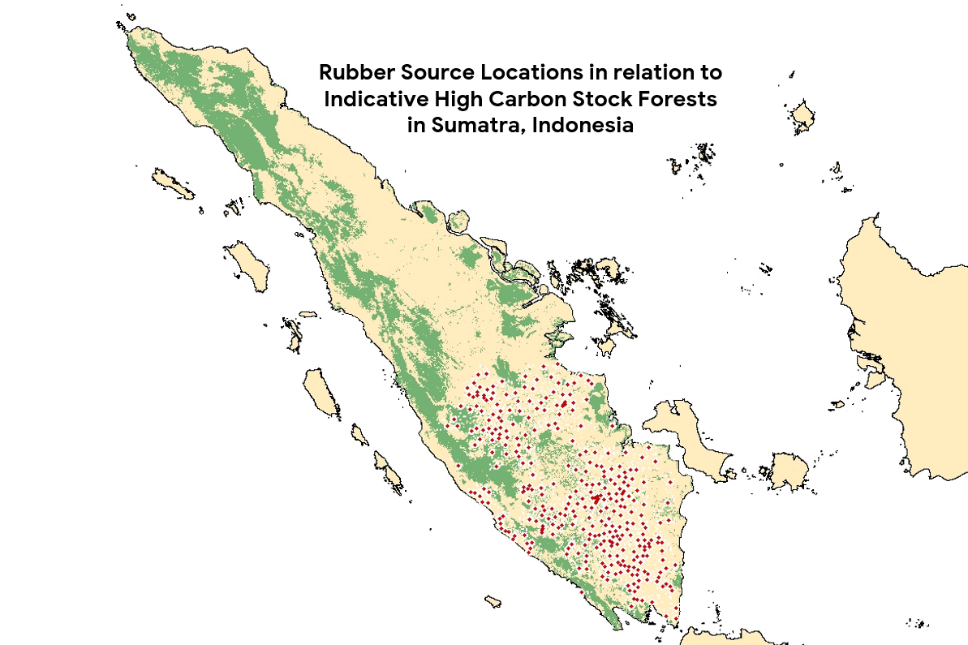PUBLIC CONSULTATION: Feedback on National Risk Assessments
As part of the ongoing development of the assurance model, the Secretariat has commissioned national risk assessments that will support members in the implementation of GPSNR’s assurance system. We are now opening a public consultation to solicit feedback on these risk assessments.
Please note that the risk assessments provided through this consultation are initial drafts prepared by an external consultant and their contents do not reflect the view of GPSNR or symbolize an endorsement by any of its members. This public consultation will gather feedback to improve the drafts for subsequent review within GPSNR.
The risk assessments are available for review here. Please note that the validation sheets contain identical content to the risk assessment forms.
We invite members and stakeholders to provide their feedback on the relevant countries using the feedback sheets available here. Kindly ensure that all feedback is submitted by the 28th of August.
Should you have any questions or require further information, please do not hesitate to contact us at info@gpsnr.org. We appreciate your input.
Click here for risk assessments
Click here to submit feedback




